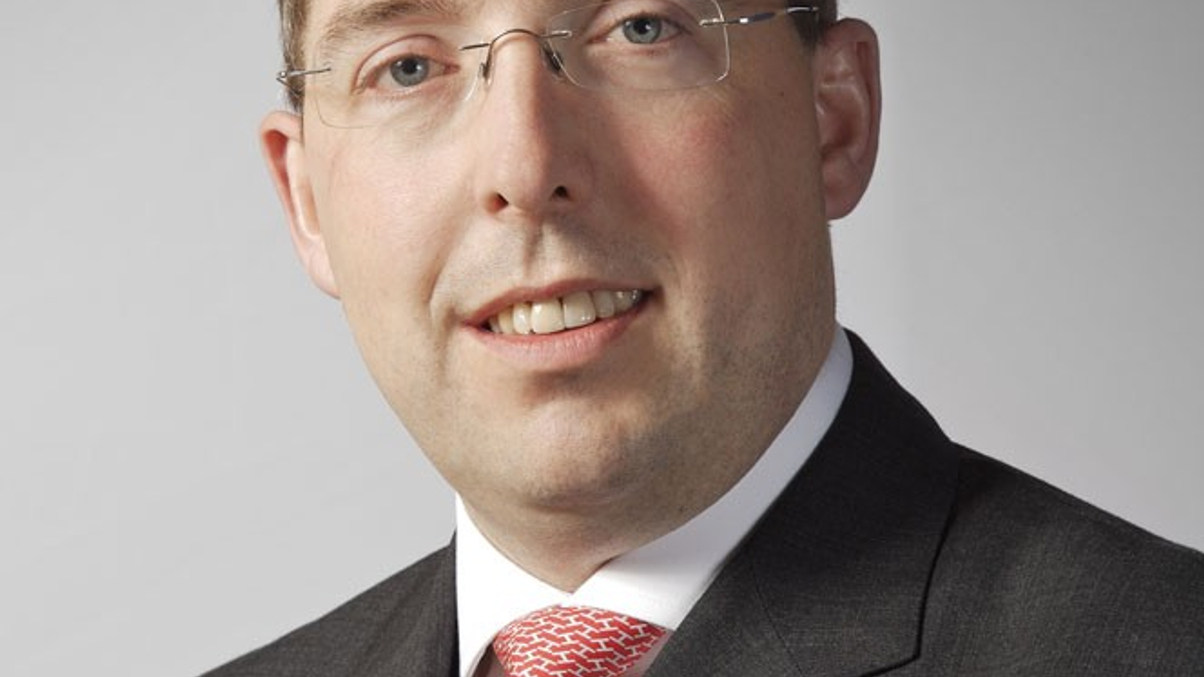JP Morgan executes first tri-party collateral-management deal in Japan
Collateral management head Karl Wyborn says the transaction is a breakthrough that changes the game in Japan.

JP Morgan has executed what it says is the first tri-party collateral management transaction with two Japanese domestic institutions.
Sign in to read on!
Registered users get 2 free articles in 30 days.
Subscribers have full unlimited access to AsianInvestor
Not signed up? New users get 2 free articles per month, plus a 7-day unlimited free trial.
¬ Haymarket Media Limited. All rights reserved.


